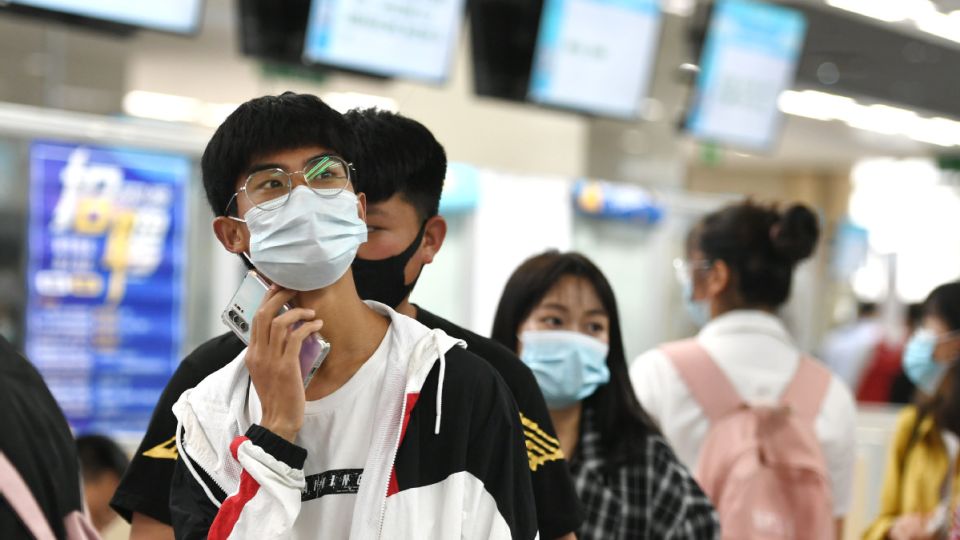May 6, 2022
BEIJING – The number of university graduates in China hit a record high of 10.76 million this year, increasing by 1.67 million, while the expected salaries fell from 6,711 yuan ($1,015.37) per month last year to 6,295 yuan, according to a latest report by Zhaopin, an online recruitment platform.
The China Institute for Employment Research’s index, which measures the degree of supply-demand tension in the labor market, hit rock bottom for the first time since the pandemic began in 2020 and came to 0.71 for new graduates in the first three months year-on-year. This means each job seeker had 0.71 job vacancies.
The figure is significantly lower than the national level of 1.56 in the same period. On the quarterly basis, the report, which compiled the labor market situation for university graduates from Jan to March, revealed that the hiring needs went down six percent, compared with a 16 percent growth in job applicants.
In the breakdown, the supply and demand in the labor market in January was balanced, but the two factors started to rise in February and March, and the CIER index declined to 0.58 in the third month. The Economic Daily said the index fluctuation was affected by many factors, including a large base of graduates, offline recruitment activities hindered by the pandemic and overseas students returning to China to look for jobs.
Also, the newspaper said that cyclical changes exist for graduates seeking jobs every year and the amount of job seekers in the first and second quarters is relatively higher.
The report showed that the industries with the most recruitment needs are the internet/e-commerce, intermediary services and professional services/consulting. Meanwhile, those with the largest number of job seekers are internet/e-commerce, real estate/construction, professional services/consulting and computer software.
Beijing, Shenzhen, Shanghai, Guangzhou and Chengdu have the highest recruitment needs, while Beijing, Chengdu, Guangzhou, Shanghai and Shenzhen have the most job seekers, according to the report.
The government has issued many favorable policies to help graduates get a job, including tax and fee reduction for enterprises, and performance evaluation and project application for graduates.
Chen Yongjia, deputy director of the employment promotion department of the Ministry of Human Resources and Social Security, said it will strengthen efforts to deliver job information, guidance and training, entrepreneurship support to new graduates. At the same time, large-scale online and offline job postings will be launched in advance, expand their participation in society and host more industry-specific recruitment.


